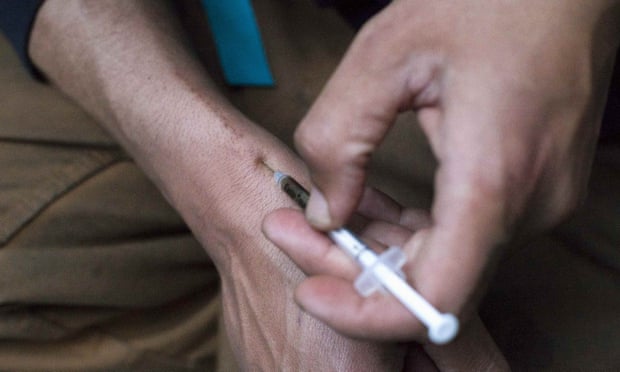As a first-year medical student, there is nothing quite as exciting as your first-ever clinical placement, where you can finally feel like a doctor in training. That is, unless you’re placed in psychiatry. Having learnt how to perform numerous examinations and procedures such as taking blood, your placement is a chance to finally put these skills into action on real patients.
With psychiatry, however, the emphasis is on developing the skill of speaking to patients and taking detailed histories, with little – if any – practice of procedures and examinations. You must learn to understand and evaluate a person’s thoughts, emotions, and experiences, to lead towards diagnosis, treatment and management. Attempting to decipher the complexity of the human mind, while taking in to account biological and social aspects? Quite unnerving.
So while most of my colleagues were out in the enticing world of medicine and surgery, I was to spend five weeks on an adult psychiatric ward. Prior to this placement, my view of mental health was largely shaped by film and TV, where people suffering with mental health are often portrayed as villains, or as manic and chaotic. I had learnt a little about mental health and had some understanding of depression and self-harm, but I still carried misconceptions. I had painted a picture in my head of a ward filled with violent, manic patients, unable to care for themselves. I also found myself not being able to comprehend – and to an extent even believe in – conditions such as schizophrenia, when I wouldn’t think twice about questioning physical conditions even if I’d never personally seen them.
What I experienced on the ward was eye-opening. I met and had lengthy, very personal conversations with a diverse range of people, each of whom had their own story to tell. Many of the patients I spoke to had experienced trauma and hardship in their lives, such as physical and sexual abuse, neglect during childhood, bereavements, poverty, chronic illness, or alcohol and drug addictions.
I learnt to see through the surface and question behaviour, to seek a more holistic insight into a person’s illness. The patient with a forensic history, admitted with a drug-induced psychosis, isn’t a drug-addicted criminal, but a person whose social circumstances and childhood trauma forced them onto a path towards crime and drugs. They are vulnerable and battling anxiety related to a traumatic past. They require the attention of the correct mental health and social services as an in-patient on the ward, but more importantly within the community, with access to long-term care and treatment.
The first patient I met on my attachment was a person who stated that he received auditory messages from a religious group telling him to harm himself, or else the people he loved would be harmed on specific dates. I was taken aback, and had difficulty comprehending what I had heard. I believed the person because I could see his very real terror. I realised that the crucial thing was not the ability to fully comprehend an experience, but to appreciate that it is very real for the patient. Once you remove this doubt within yourself, you can begin to understand the person sitting before you.

As medical students we have the privilege of being able to spend a large amount of time speaking to patients. One particular patient who I had spoken to on several occasions really struck a chord with me – she had had several upsets in her life, including a father who left at an early age, a mother who was in abusive relationships, losing a job that she loved, and the break-up of a relationship. She was feeling very low and suicidal, and heard voices urging her to commit suicide. This was a young person close to my age, who I could connect with when we spoke about school, hobbies, and future aspirations. I had always envisaged patients on a psychiatry ward as “the other”, whereas in reality mental illness can affect all segments of society. My picture of a “typical patient” shattered in to a wide variety of people of different ages and backgrounds.
My distorted view of mental illness begs the question: if medical students can carry with them such misconceptions, what hope is there for society at large? Although we aren’t immune to the skewed information relayed to us in certain media platforms, we have the chance to experience mental illness first hand from patients themselves. There needs to be a more robust incorporation of the reality of mental illness in our education system from an early age.
There are already great campaigns out there, but as students we should make more of an effort to provide a greater platform for these campaigns on our campuses. Within the medical world I think there should be mental health training throughout our careers, regardless of which route we choose to follow, as we will encounter mental illness in almost all areas of medicine. I also think the role of a psychiatrist and the positive change they make in a person’s life should be celebrated more in medical school. A friend and colleague of mine mentioned how she rarely hears about the “success stories” when learning about mental illness, which can make psychiatry off-putting as a career choice.
If we truly believe mental illness is just as important as physical illness, this should be reflected in the actions we take.
If you would like to write a blogpost for Views from the NHS frontline, read our guidelines and get in touch by emailing healthcare@theguardian.com.
Join our network to read more pieces like this. And follow us on Twitter (@GdnHealthcare) to keep up with the latest healthcare news and views.
No comments:
Post a Comment